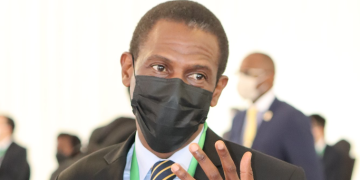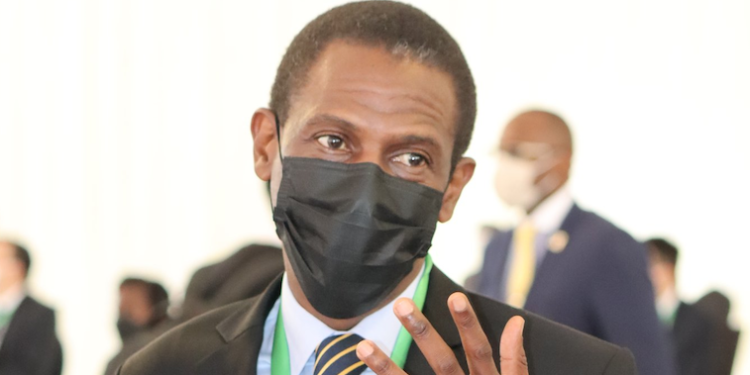Section 2 of the Law Revision Act 2020 grants the Attorney General, working in tandem with the Uganda Law Reform Commission to continuously revise and lay before Parliament the latest editions of the laws of Uganda.
The revision process does not change the laws as such but is generally intended to reflect the pronouncements of the court on laws and modifications made by virtue of certain laws or section of laws being declared unconstitutional.
Under Section 2(2) of the Law Revision Act 2020, the Attorney General is mandated to appoint a host of other officials to support the head of the bar’s office in revising the laws, to correct typographical and other errors not touching on the substance of the law.
Parliament on Tuesday, 14 March 2023, enacted the Law Revision (Amendment) Bill 2022, whose object is to, among others, “provide for the repealed specified acts, to provide for the conversion of fines and other financial amounts specified in currency points and to provide for the conversion of financial amounts expressed in [British] pounds”.
Other reasons for the recent revisions, noted by the Chairperson of Parliament’s Committee on Legal and Parliamentary Affairs, Hon. Robinah Rwakoojo, is to “provide for the amendment of several laws to correct the anomalies in those laws and to effect the decisions of the Constitutional Court and the Supreme Court…”
Under the Trial on Indictments Act and the Magistrates Courts Act, for instance, were provisions that required accused persons to be released on bail if they have been detained without commencement of trial for 480 days in the case of capital offences and 240 days in case of other criminal offences.
Those provisions were, however, declared unconstitutional as they go against Article 23(6) (b) of the Constitution which makes a different pronouncement on the matter.
“In the case of an offence which is triable by the High Court as well as by a subordinate court, if that person has been remanded in custody in respect of the offence for 60 days before trial, that person shall be released on bail on such conditions as the court considers reasonable,” the article states.
The revisions saw the deletion of those sections that are not in line with the Constitution.
For MPs who are representing the Uganda Peoples Defense Forces (UPDF), the Administration of Parliament Act has been brought in line with Article 85 of the Constitution, and their Parliamentary salary will be paid differential to the amount by which their Parliament pay is less by the one from the army.
The last such revision occurred in 1994 and since then, several statutes or sections of laws were declared unconstitutional but were still in the law books for want of revision.
One such provision is Section 50 of the Penal Code Act, which criminalized the publication of false news but was declared unconstitutional in the case of Charles Onyango Obbo & Anor v Attorney General.
There are several Acts of Parliament that come and repeal their predecessors and were also declared unconstitutional, like the Budget Act that was repealed under the Public Finance Management Act, which repeal was effected yesterday.
Up to 90 obsolete laws were erased from the law books with Attorney General, Hon. Kiryowa Kiwanuka saying laws that have never been applied or used in over 50 years are to be expunged from the law books for being redundant.
During the exercise, Speaker Anita Among, who presided over the plenary sitting that passed the Law Revision Bill 2022, cautioned members against attempting to amend laws during the process, saying any need for changes should properly be introduced as separate Bills to be processed by the House in accordance with the Rules of Procedure of Parliament.











